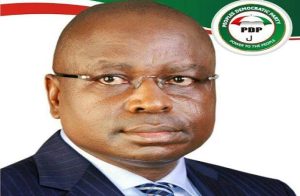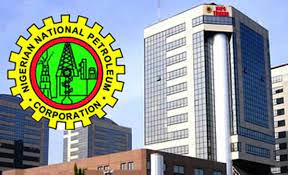
Nigeria’s allocation of public funds towards critical sectors to essential infrastructure falls short of meeting the demands of a population expanding at an approximate yearly rate of 2.5%, a Coronation report has said.
According to the research over the weekend, Guy Czartoryski, Head of Research at Coronation said that the record of the Nigerian government in capital expenditure over several decades underscores the need to increase private-sector investment.
“Public expenditure on transportation, education, hospitals, power, housing, and other essential infrastructure has not kept up with the needs of a population growing at a long-term rate of c.2.5% pa,” the report said.
The report noted that during the period 1981-90, the Federal Government’s capital expenditure on average amounted to 3.6% of GDP.
This according to the infrastructure report, rose to a respectable 5.2% during the period 1991-2000, But during the period 2001-2010, the average halved to 2.5%, an extraordinary reversal given the oil price boom that started in 2002 and lasted well into 2014, with the price of Brent frequently trading at over US$100/bbl. Inflows of petro-dollars into government coffers did not translate into proportionately more being spent on capital expenditure, surely a missed opportunity.
“Still worse was to follow in the period 2011-2020 when the average level of public sector capital expenditure fell to 1.1% of GDP. In recent times the Federal Government’s budgeted capital expenditure as a proportion of GDP was running at 2.7% in 2009, but thereafter went into decline, reaching less than 1.0% of GDP by 2014.
As oil prices fell during 2015 the percentage of GDP spent on capital expenditure fell to 0.9% before falling again to 0.6% during the recession year of 2016. After 2016 there was a recovery but the latest data from the Central Bank of Nigeria, for 2021, puts capital expenditure at 1.5% of GDP, a little more than half of the percentage in 2009.
There are, not surprisingly, numerous accounts of Nigeria’s total infrastructure deficit. These tend to agree that the deficit runs into several hundreds of billions of US dollars, though the methods of calculating such numbers differ,” the report said.
It noted that in some cases, the models are built on a lengthy wish list of projects to be completed at current prices, in other cases a sophisticated calculation tracks what projects have been completed elsewhere in comparable circumstances and what their net present values are.
“What seems obvious, regardless of the model used, is that Nigeria’s infrastructure deficit is a cumulative problem,” it said.
The report noted that Nigeria is ripe for increasing private investment in infrastructure adding that the trend in government investment in infrastructure has fallen short over several decades, something that has created, cumulatively, an enormous deficit as infrastructure fails to meet the country’s needs.
It said that the private sector has begun to respond, with the initiation of public-private partnerships and the launch of private-sector infrastructure funds.
“Gross capital formation is improving. This is in keeping with global trends. Infrastructure funds play an increasingly large role in global finance, with the world’s largest fund manager, Blackrock, agreeing to buy Global Infrastructure Partners in a landmark US$ 12.5 billion deal announced this year.
Globally, infrastructure funds play an important role in providing institutional investors with long-term non-correlating returns, frequently with superior returns to, and less volatility than, public markets.






